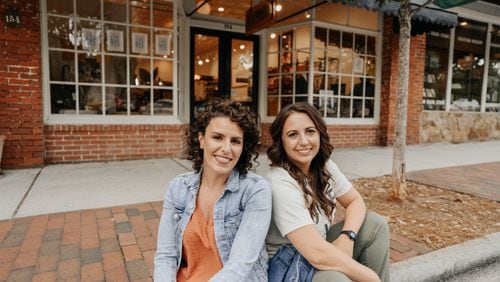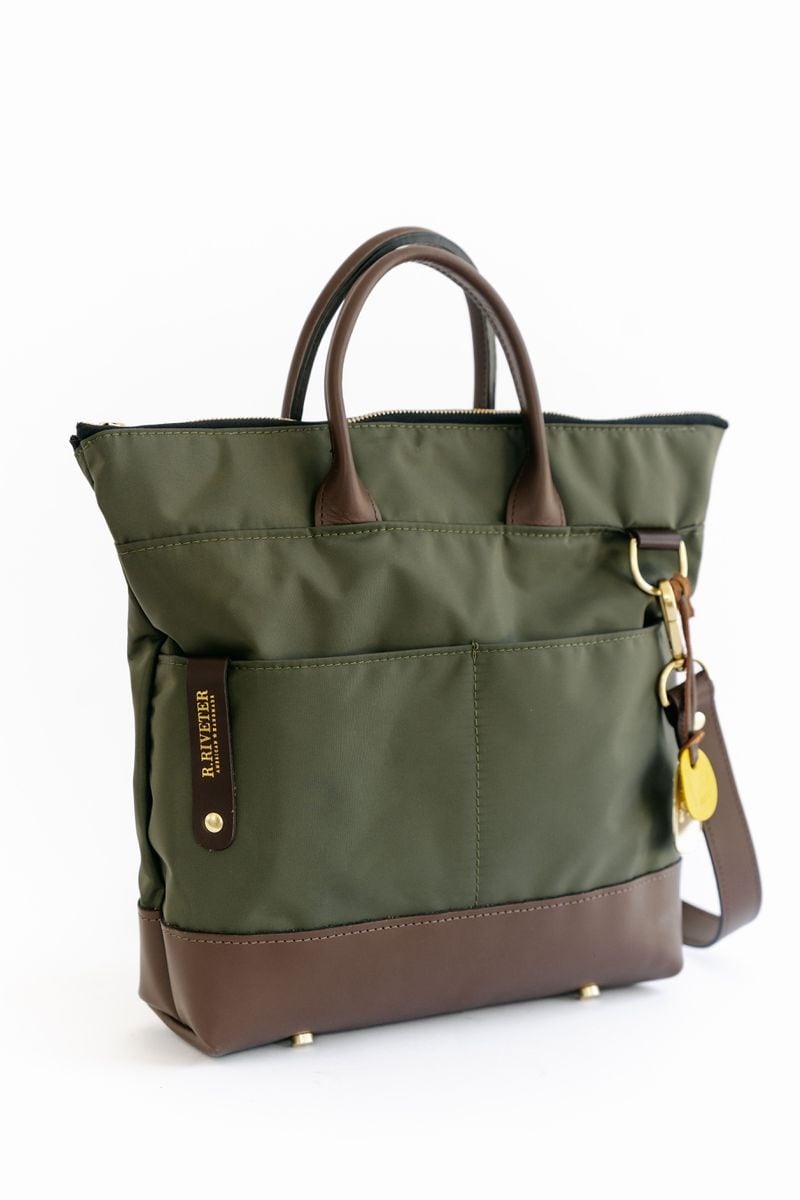For the past decade, the unemployment rate for military spouses has hovered around 22%, making them one of the highest unemployed demographics in the nation, according to the U.S. Chamber of Commerce Foundation.
Not only does unemployment impact family income, but also it can greatly impact retirement savings because many military spouses may not be able to take advantage of workplace retirement programs.
In a recent survey of more than 4,000 military spouses, 88% of respondents agreed or strongly agreed that military lifestyle impacts their ability to find jobs at their experience and/or education level while 90% agreed or strongly agreed that their spouses’ military service has negatively affected their own careers. More than half of the respondents (58%) said they were rarely or never able to fully vest in employer-sponsored retirement benefits.
Most military spouses are women (92%) and the majority have some college education including 30% with a four-year degree and 15% with an advanced degree.
They have challenges finding suitable jobs after a permanent change of station (PCS) and, even if they find a job, they may not be able to find childcare.
Many women who never intend to be stay-at-home moms find themselves in exactly that position.
In 2011, Lisa Bradley and Cameron Cruse were looking for jobs in North Georgia where their husbands were Ranger school instructors. Bradley had an MBA. Cruse had a degree in architecture from Savannah College of Art and Design and was caring for her infant. The relocation to Georgia marked Bradley’s fifth move due to her husband’s duty station.
“We quickly realized we weren’t going to get jobs. We were overeducated and over experienced,” Bradley said when we met recently. “It was a surprise to me that I wasn’t going to be able to have a career.”
The two women put their heads together and landed on a business idea that would combine Cruse’s design skills and Bradley’s business savvy to help other military spouses overcome employment challenges.
In Cruse’s attic in Dahlonega, they sketched out plans for R. Riveter, an American-made handbag company that employs a workforce of almost 50 military spouses working remotely.
“It was important to me to be a mom and have a career,” said Bradley, now a mom of two. “I have always had a passion for helping women.”
The early days were hectic. They each charged $2,100 on their credit cards to buy an industrial sewing machine that they struggled to hoist into the attic. With no money left for raw materials, they nabbed a pup tent from Bradley’s husband and cut it up to make their first prototype.
They soon attended their first market in Marietta, and in 2014 launched a crowdfunding campaign to raise money and hire more employees. A retail store followed in 2015. An appearance on “Shark Tank” a year later took their business to the next phase.
“After ‘Shark Tank,’ we sold more in one night than we had in an entire year,” Bradley said.
Initially, their business model had required riveters to haul 50-pound rolls of fabric into their homes to cut, but they soon realized that wasn’t sustainable. Today, operations are centralized in Wauchula, Florida, where materials are assembled into kits that are then shipped across the country to their workforce of military spouses who craft the components and send it back to R. Riveter for final assembly.
The bags, from the $98 Naomi leather zipper clutch to the bestselling Otto canvas and leather handbag priced at $248, take about four months to complete and are named after phenomenal women in history and have two tags — a yellow “ribbon” and a dog tag — symbols of support for military troops.
Credit: R. Riveter
Credit: R. Riveter
Pricing reflects the higher cost of a mostly American-made product (some materials that can’t be found in the U.S. are sourced internationally) and the cost of shipping to and from the homes of workers, said Bradley.
Bradley and Cruse were determined to show their business model was sustainable, knowing their mission would resonate with customers.
“It’s not only the bag they love,” Bradley said. “They love the mission of providing income to someone who is a special American.”
Bradley said they have a waiting list of 2,000 military spouses hoping to join the company as riveters, which indicates the strong desire to work among military spouses.
In 2021, first lady Jill Biden declared the underemployment and unemployment of military spouses a matter of national security and applauded the more than 500 companies that have partnered with the Military Spouse Employment Partnership to support military spouses.
R. Riveter stands out as a company not only dedicated to the mission of employing military spouses but one that also provides the public an opportunity to support that mission.
They don’t hire military spouses to make handbags, say Bradley and Cruse, they make handbags to hire military spouses.
Read more on the Real Life blog (www.ajc.com/opinion/real-life-blog/) and find Nedra on Facebook (www.facebook.com/AJCRealLifeColumn) and Twitter (@nrhoneajc) or email her at nedra.rhone@ajc.com.
About the Author








